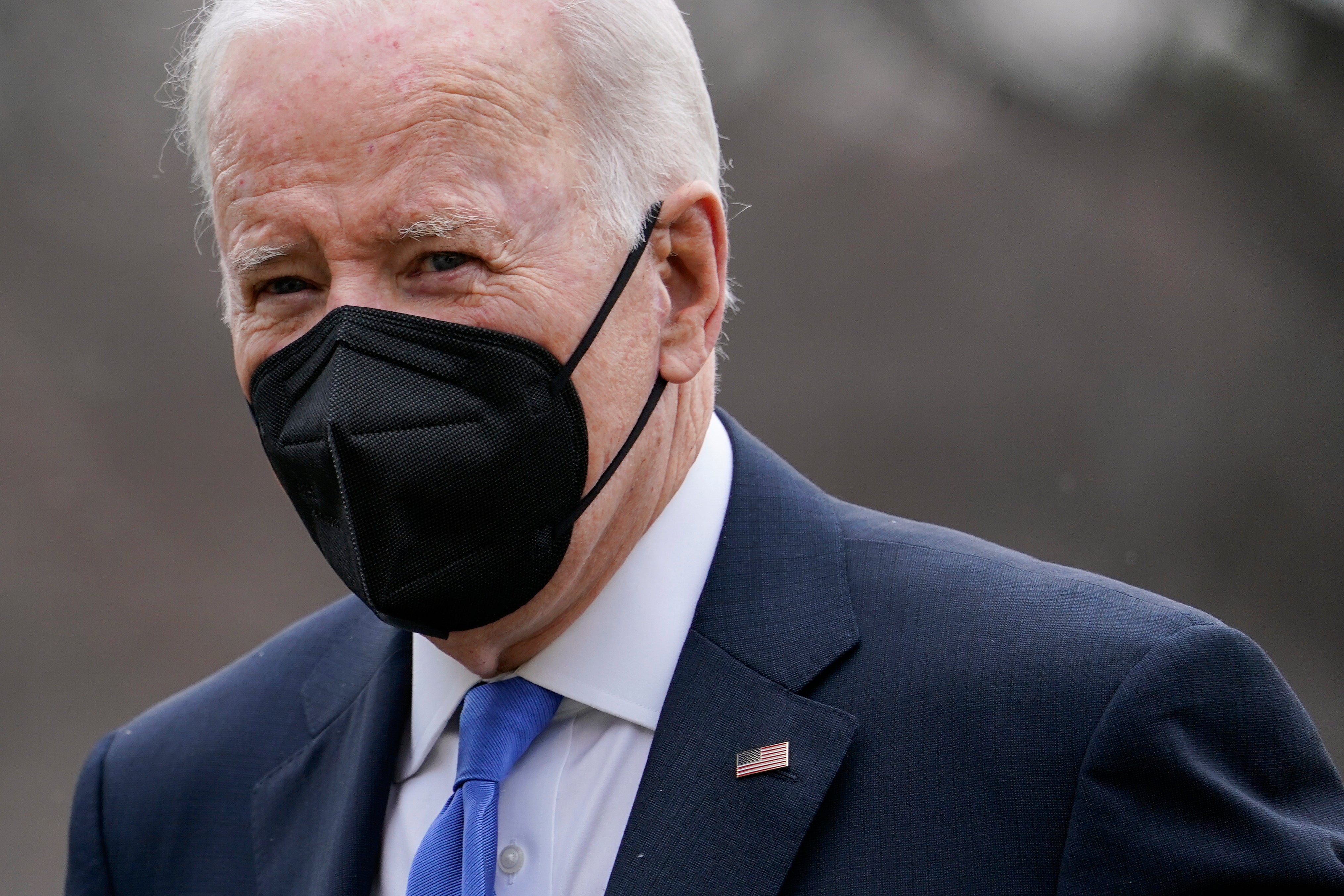Pentagon: Contractor mergers hurt national security, economy
The Defense Department is releasing a report that says mergers and consolidation among its contractors pose risks to the U.S. economy and national security

Your support helps us to tell the story
From reproductive rights to climate change to Big Tech, The Independent is on the ground when the story is developing. Whether it's investigating the financials of Elon Musk's pro-Trump PAC or producing our latest documentary, 'The A Word', which shines a light on the American women fighting for reproductive rights, we know how important it is to parse out the facts from the messaging.
At such a critical moment in US history, we need reporters on the ground. Your donation allows us to keep sending journalists to speak to both sides of the story.
The Independent is trusted by Americans across the entire political spectrum. And unlike many other quality news outlets, we choose not to lock Americans out of our reporting and analysis with paywalls. We believe quality journalism should be available to everyone, paid for by those who can afford it.
Your support makes all the difference.The Defense Department is releasing a report that says mergers and consolidation among its contractors pose risks to the U.S. economy and national security.
Senior Biden administration officials previewed the report on the condition of anonymity ahead of its release Tuesday. The report lays out steps to block mergers that run contrary to Defense Department interests and reduce barriers to entry for new contractors. It also seeks to ensure that a company's intellectual property protections are not anti-competitive.
The report calls on five sectors to develop plans for durable supply chains, a key concern as the coronavirus pandemic disrupted global supply chains for semiconductors and other goods in ways that created shortages and inflation. The sectors are: casting and forgings, missiles and munitions, energy storage and batteries, strategic and critical materials and microelectronics.
The report suggests that mergers have left national security beholden to private companies. There are only five aerospace and defense prime contractors, down from 51 in the 1990s. Just three sources account for 90% of U.S. missiles.
The consolidation can hurt taxpayers because contractors no longer feel competitive pressure to innovate to secure government business.
The report is part of a broader government effort under President Joe Biden to promote competition within the U.S. economy. The ultimate goal of an executive order and a competition council formed by Biden is to raise wages and lower prices.
Antitrust agencies already are taking steps to block mergers deemed as harmful to the national interest. The Federal Trade Commission in January sued to stop Lockheed Martin Corp.’s $4.4 billion bid for Aerojet Rocketdyne Holdings, saying the result would be higher prices for missile components and less competition.
On Sunday, Lockheed Martin announced that it was no longer pursuing the acquisition because of the FTC's actions.